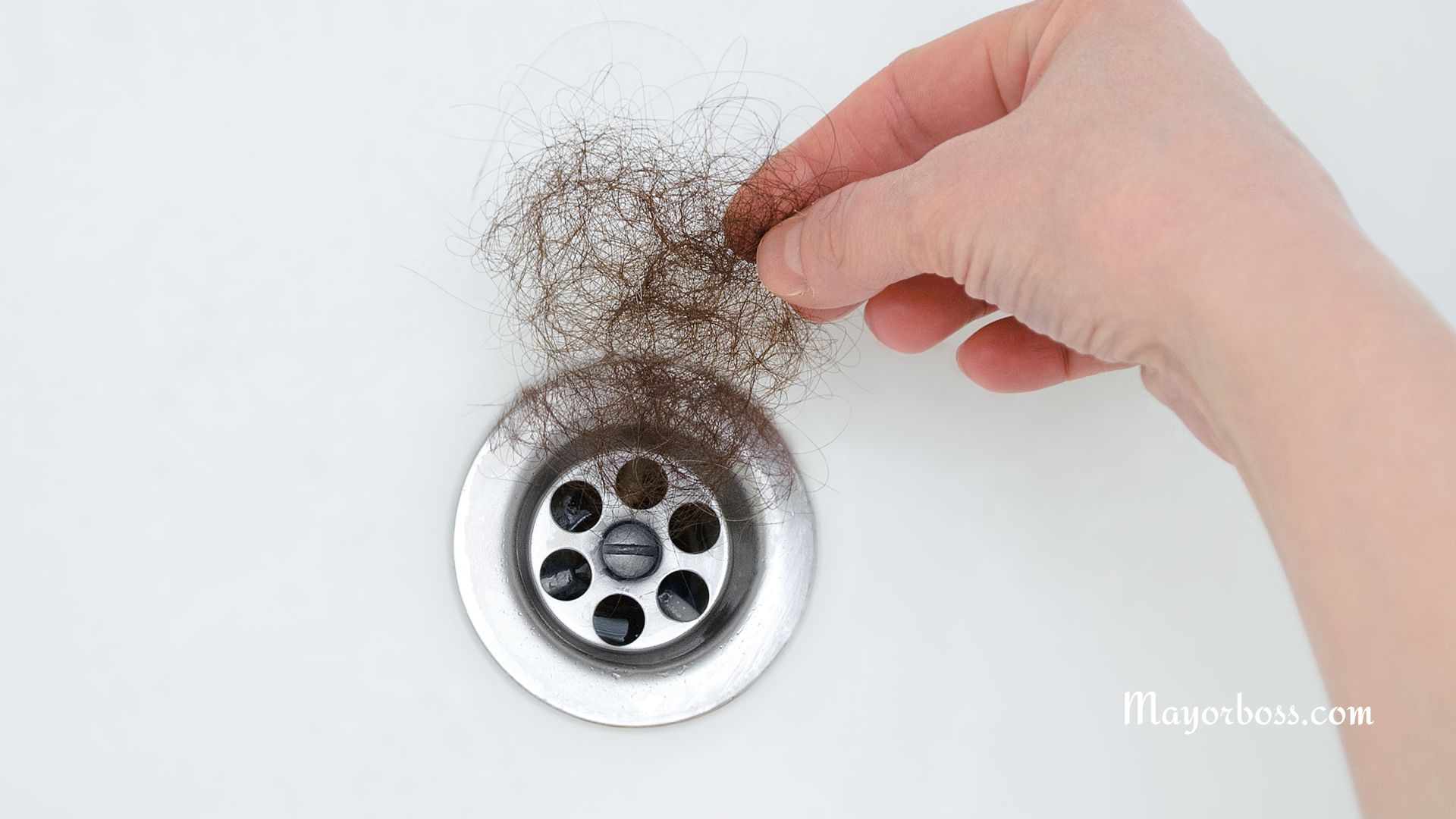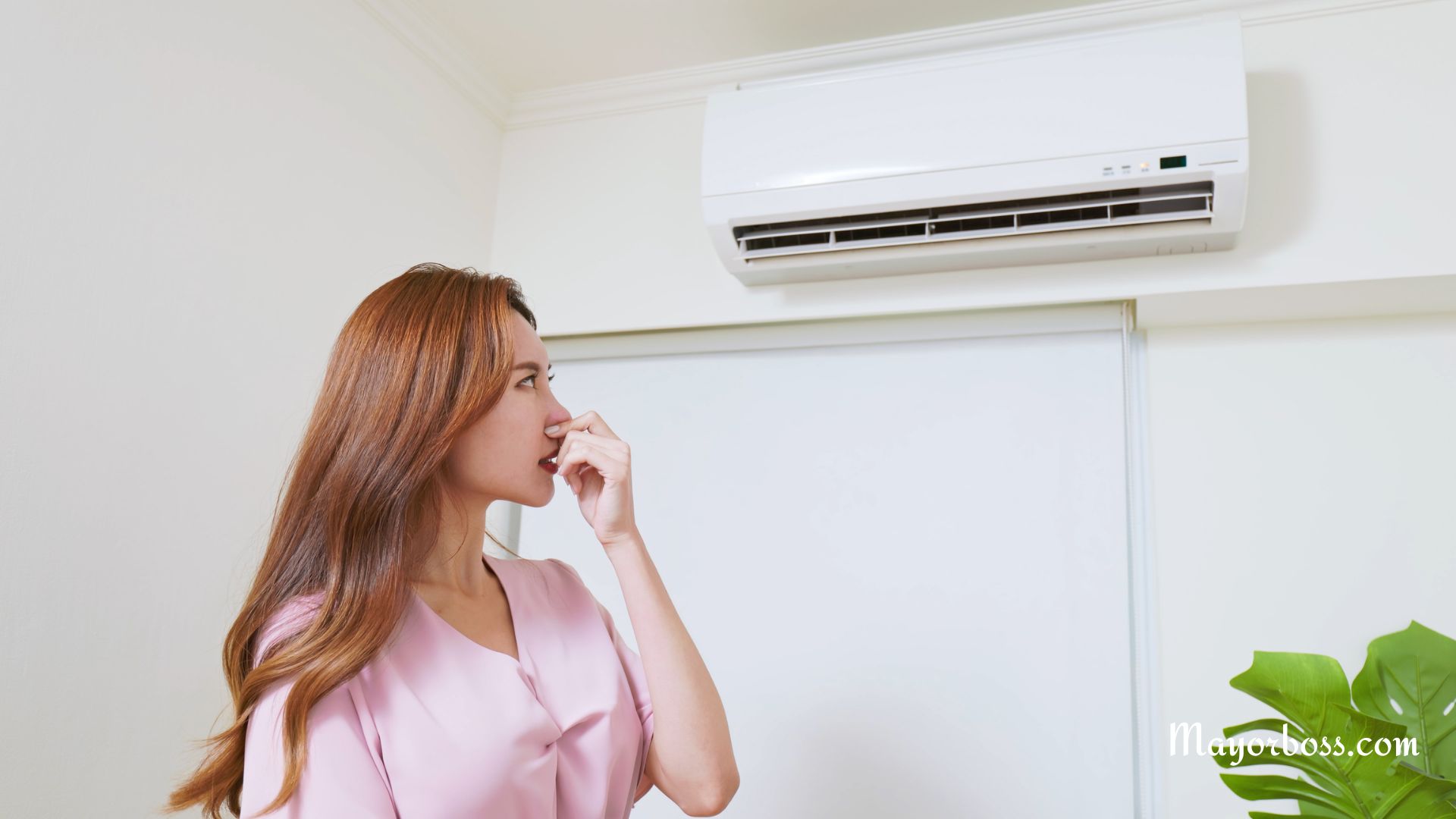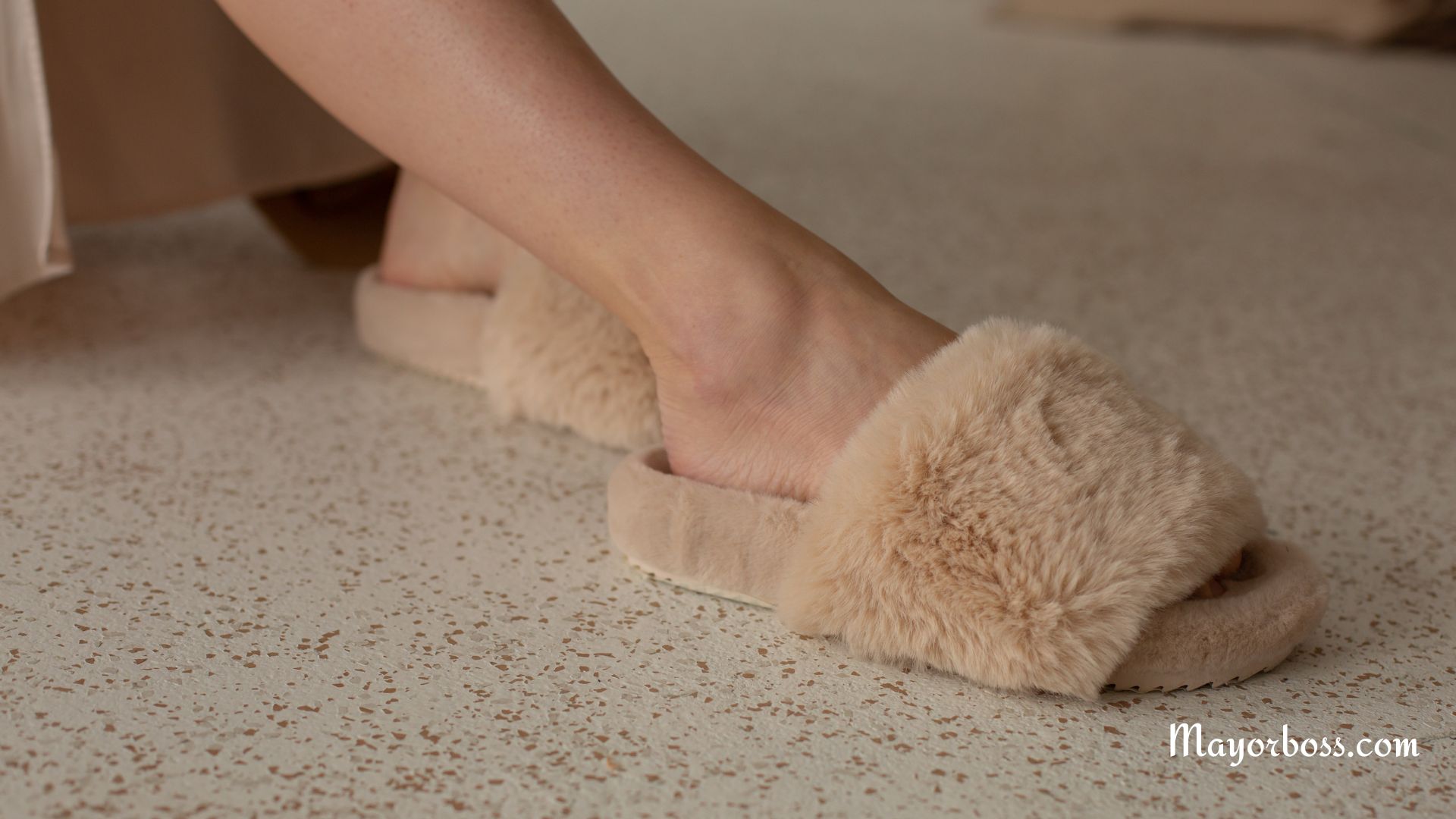6 Ways to Prevent Mosquito Bites
Mosquito bites are more than just an annoying itch. They’re a health risk. Mosquitoes are vectors for numerous serious diseases, such as dengue, Zika, malaria, and more. Protecting yourself from these pesky critters is a necessity, especially in mosquito-prone areas. Here are six practical ways you can prevent mosquito bites and protect your health.
Dress Appropriately
When you’re in a mosquito-infested area, how you dress can make a significant difference in reducing your chances of getting bitten. Mosquitoes are attracted to dark and bold colors, so opt for light-colored clothing instead. Here are some points to remember:
- Cover up as much as possible: Long-sleeved shirts, long pants, socks, and shoes can help shield your skin from mosquitoes. The less skin exposed, the fewer opportunities mosquitoes have to bite you.
- Loose clothing is preferable: Mosquitoes can bite through tight clothing. Loose, baggy clothes add an extra layer of protection because they are harder for mosquitoes to penetrate.
- Choose thicker fabrics: Thin, lightweight fabrics may not be enough to prevent a mosquito’s proboscis from reaching your skin. When possible, choose thicker materials or clothing labeled as insect-repellent.
Use an Effective Insect Repellent
Insect repellents are a key tool in preventing mosquito bites. Apply an EPA-registered insect repellent on your exposed skin and clothing. Here are some key points to note:
- Look for active ingredients: Repellents with IR3535, oil of lemon eucalyptus (OLE), DEET, picaridin, 2-undecanone, or para-menthane-diol (PMD), have been proven effective.
- Follow the product instructions: Each repellent has specific application instructions. Ensure you’re applying it correctly to maximize its effectiveness.
- Reapply as needed: Sweat, water, and time can wear off repellents. Make sure to reapply as directed on the product label.
Keep Your Surroundings Clean
A clean environment is less attractive to mosquitoes. Take the time to maintain your surroundings and minimize mosquito breeding areas.
- Eliminate standing water: Mosquitoes breed in stagnant water. Regularly empty, clean, or cover items that hold water, like buckets, planters, toys, pools, birdbaths, or trash containers.
- Maintain your yard: Regularly mow your lawn, trim shrubs, and remove any piles of leaves or debris where mosquitoes might hide.
- Use outdoor sprays or foggers: These products can help control mosquitoes in your yard for a period of time.
Install Screens and Use Bed Nets
Adding physical barriers between you and mosquitoes can significantly reduce your chances of getting bitten.
- Install window and door screens: They allow fresh air to come in while keeping mosquitoes out.
- Use bed nets: If you live in an area with a high mosquito population or are sleeping outdoors, bed nets provide protection while you sleep.
- Consider air conditioning: If feasible, using air conditioning reduces the need for open windows and doors, decreasing the chances of mosquitoes entering your home.
Be Conscious of Time and Location
Being aware of when and where you’re most likely to encounter mosquitoes can help you take preventive actions.
- Avoid peak mosquito hours: Mosquitoes are most active during dusk and dawn. If possible, stay indoors during these times.
- Be careful in certain locations: Mosquitoes thrive in warm, humid environments and near bodies of water. Take extra precautions in these areas.
Use Mosquito Traps and Zappers
Traps and zappers can reduce the number of mosquitoes in your immediate vicinity.
- Mosquito traps: These devices attract mosquitoes by emitting substances that mosquitoes find irresistible, like carbon dioxide. Once attracted, mosquitoes are trapped and die.
- Bug zappers: While more known for attracting and killing flying insects like flies, some zappers also attract mosquitoes.
Remember, no single method is 100% effective in preventing mosquito bites. A combination of these measures will provide the best protection.
Further Reading: How To Stop Mosquito Bites From Itching






